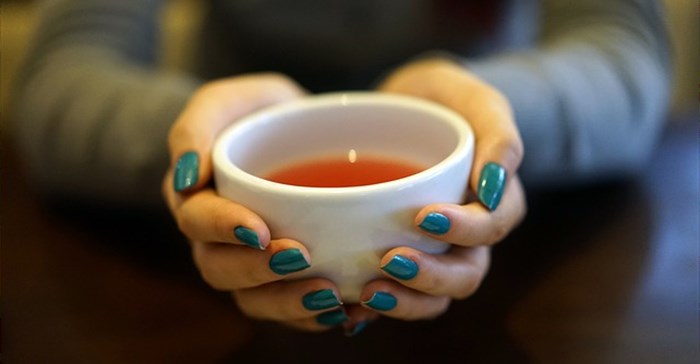Rooibos is already considered one of the most powerful superfoods on the market today and according to research Rooibos tea's antioxidants also packs a punch against heart disease.
Local and international studies are repeatedly reinforcing this discovery, with the latest study, conducted by Spanish researchers, showing that drinking Rooibos can prevent the development of heart disease by inhibiting the liver from storing excessive fat under the skin and around major organs. These researchers also determined that Rooibos not only reduces the number and size of fat cells, but also completely prevents the development of fatty liver disease - a condition where fat accumulates in the cells of the liver.
The study also confirmed that the complex mix of antioxidants in Rooibos are jointly responsible for its beneficial effects and that it is, therefore, better to drink Rooibos tea, rather than isolated compounds from Rooibos.
Six cups a day keeps the doctor away
These findings add further weight to an earlier South African study led by Professor Jeanine Marnewick, a specialist researcher at the Cape Peninsula University of Technology (CPUT), who was able to show a positive effect in adults at risk of heart disease, who drank six cups of Rooibos every day for six weeks.
Her study showed that Rooibos not only protected against oxidative lipid damage, but also favourably improved the lipid profile of the participants by reducing total blood cholesterol levels by 10%, with a significant reduction in "bad" LDL cholesterol levels.
Inhibiting heart disease
A third study conducted in Sweden found that 30 to 60 minutes after drinking 400 ml of Rooibos, the activity of a specific enzyme (called angiotensin-converting enzyme, or ace) is significantly suppressed. This enzyme is believed to be involved in the development of cardiovascular disease, and therefore ace inhibitors are used to treat hypertension and heart disease.
The main heart-health promoting substance in Rooibos tea is the antioxidant Chrysoeriol. It helps to prevent and treat vascular disease by inhibiting the migration of smooth muscle cells inside the aorta, a key cause of the narrowing or hardening of the arteries that may lead to a heart attack. Chrysoeriol is also an effective bronchodilator, and helps to lower blood pressure and relieve spasms.
Researching Rooibos
Ernest du Toit, spokesperson for the SA Rooibos Council (SARC) says it is very encouraging that leading research institutions around the world are working on Rooibos and are repeatedly producing such promising results. "With more South Africans dying from heart disease and stroke than ever before, these studies underline the value of Rooibos as a widely available, affordable and uniquely South African product rich in dietary antioxidants, which promotes heart-health.
"Rooibos, in combination with an overall healthy diet with whole grains, fish, fruits and vegetables, and less processed foods, could significantly reduce the risk of heart disease," says du Toit.
The South African Rooibos Council invests significantly into the research of Rooibos' health properties. This year the Council is supporting research projects at several local universities focusing on the anti-aging potential of Rooibos as well as its effect on immunity.
Summaries of the most recent rooibos studies published in top peer-reviewed scientific journals can be found on the website of the SA Rooibos Council.




































